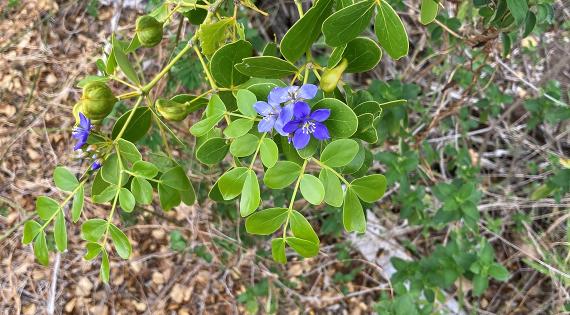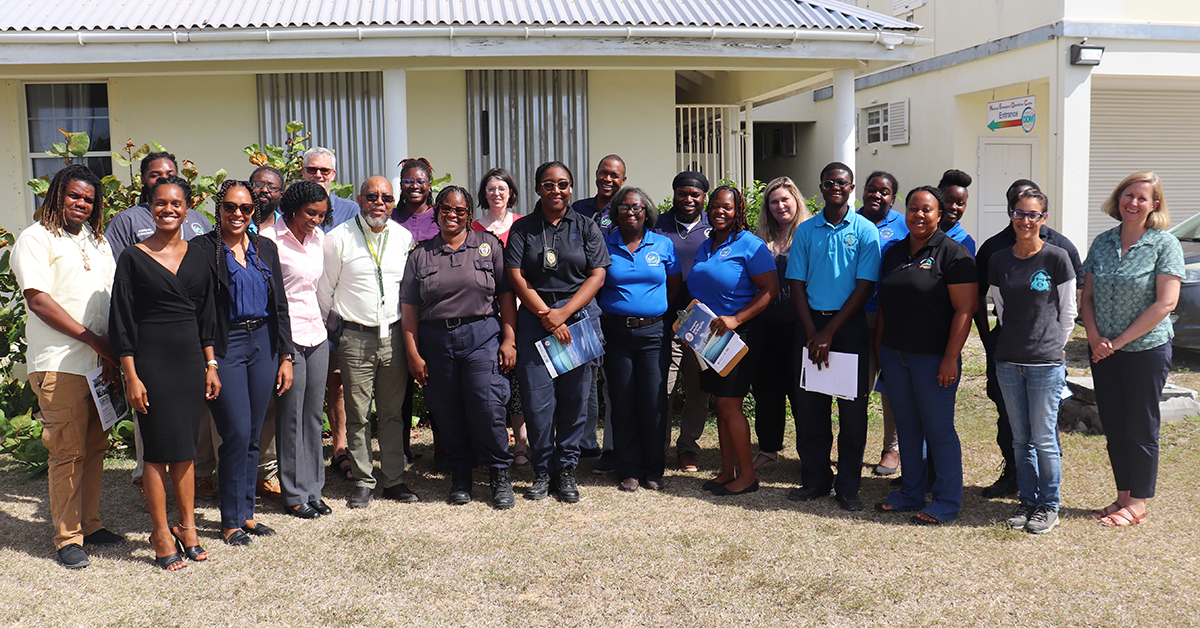During this year's Invasive Species Week (15-21 May 2023), Professor Helen Roy writes from Anguilla to explain how the problem of invasive non-native species affects the UK Overseas Territories in particular and the collaborative steps being taken to enhance information around the issue...
The diversity of plants and animals on the UK Overseas Territories is incredible. Most of the UK Overseas Territories are islands and all have unique ecosystems that provide a home for many species including those not found anywhere else in the world - endemic species. Islands are particularly vulnerable to biological invasions. Invasive alien species are implicated as the main cause of extinctions on islands and have also contributed to declines of many more species.
A few years ago, the UK Centre for Ecology & Hydrology (UKCEH) worked in partnership with many people to derive lists of invasive alien species that are currently absent but pose a high risk of arriving on the UK Overseas Territories. It was a privilege to work with people on the UK Overseas Territories – their knowledge was critical to the process of horizon scanning which involved rapidly assessing the potential impacts of thousands of species.
The study made evident the need for a system to collate information on non-native species across the UK Overseas Territories and to consider priorities for monitoring to increase the information available for decision-making. In 2022 we began a Darwin Plus-funded project to work collaboratively with experts on the UK Overseas Territories to work towards the aim of enhancing the availability of information on invasive non-native species.




